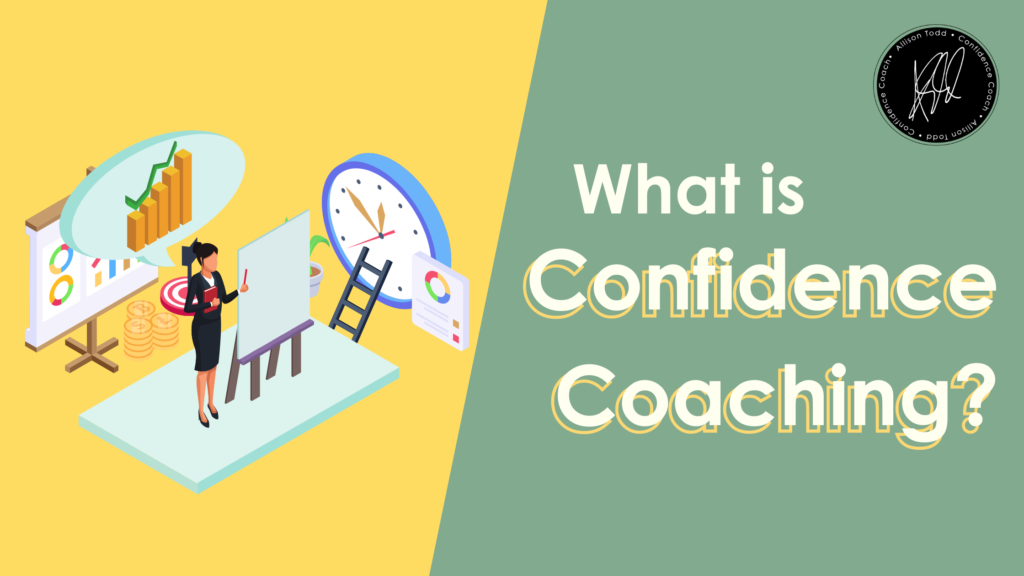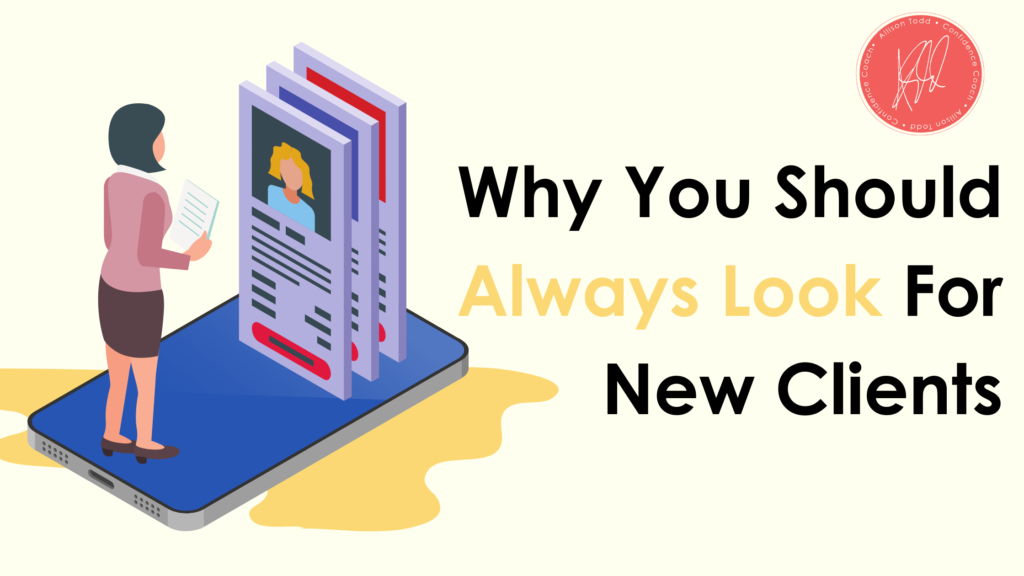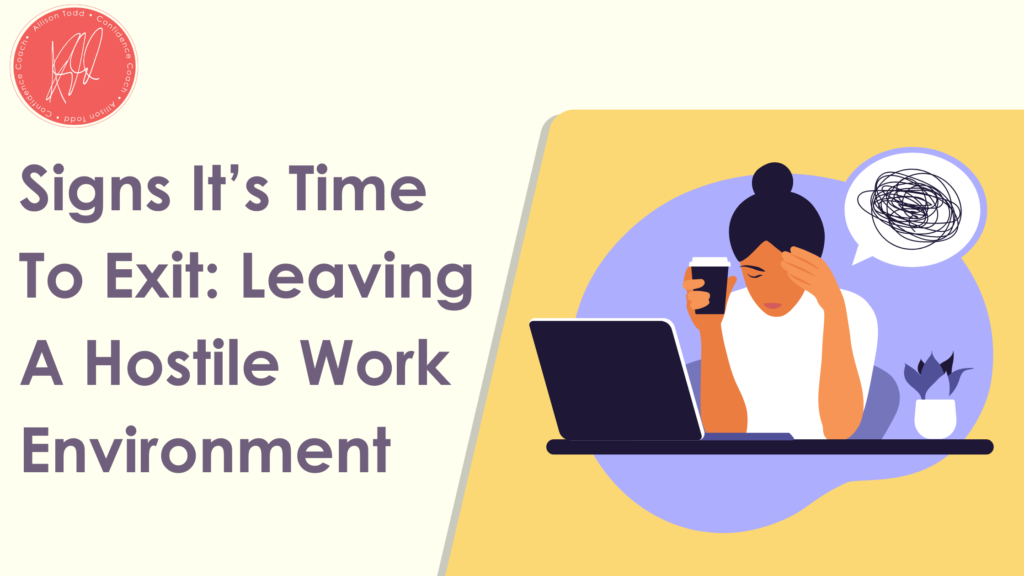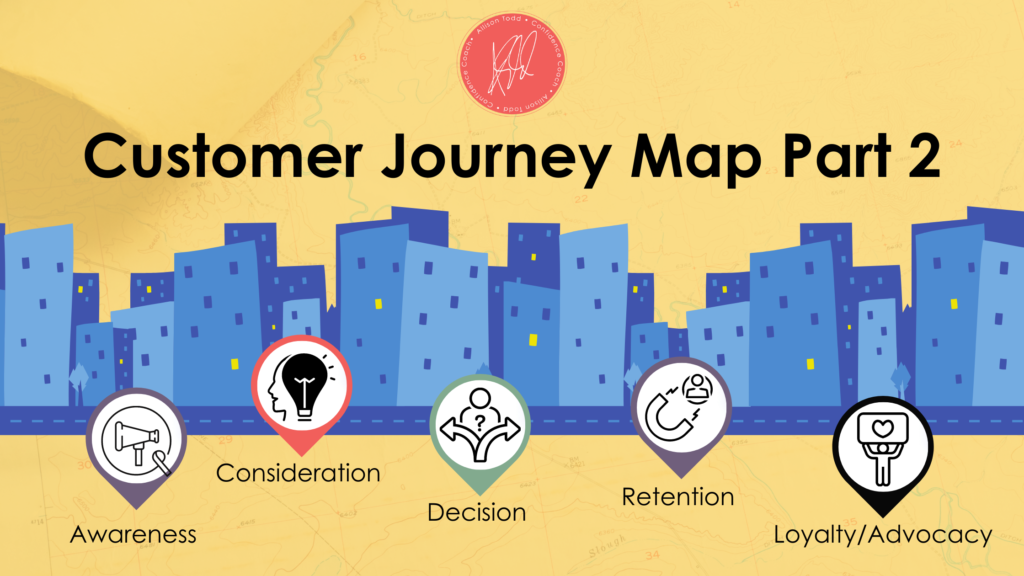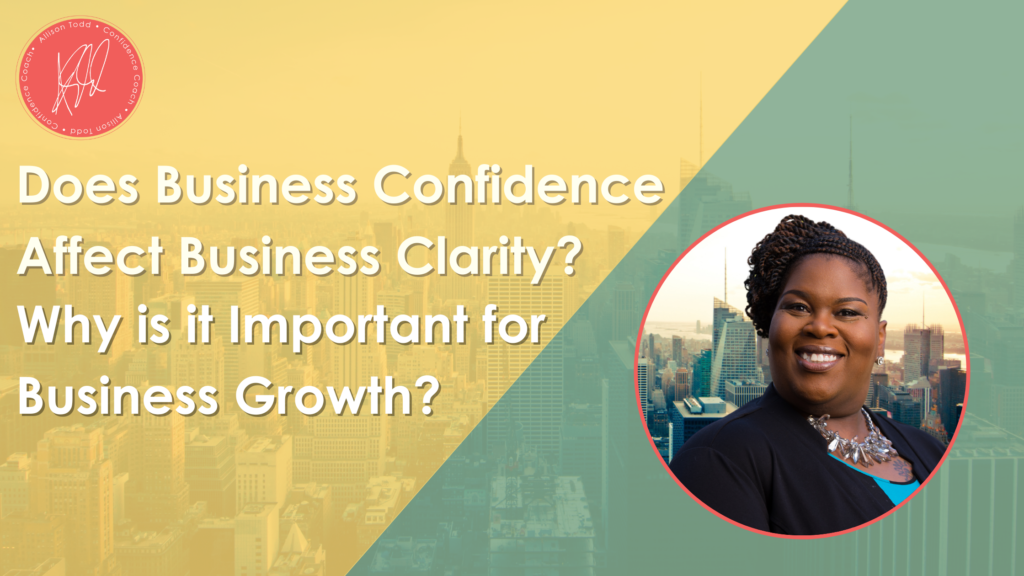What is Confidence Coaching?
In a world where there seems to be a coach for every career, sport, hobby, and life pursuit, the coaching industry is becoming more and more saturated. It seems like nearly everyone has their own “coaching hustle” as a side pursuit, making it harder and harder to differentiate between the kinds of coaches and what value they claim to bring to the table.
One of the newer kinds of coaching is confidence coaching. While at first glance it may seem cheesy or gimmicky, this kind of coach is someone who could potentially turn your life around and help you establish successful habits in the long term, so it’s nothing to thumb your nose at.
Instead, read on to learn more about what they do and why you may be a good fit for a future coach.
What is Confidence Coaching?
The coaching profession has made a marked increase in popularity and acceptance in recent years. While many people think of coaching as something confined to sports, there are actually many areas of coaching that most people could benefit from, whether in their personal or professional lives.
Though coaching is more varied and expansive, coaching typically falls in these three categories::
Career Coach
A professional coach who is skilled with helping individuals navigate their careers, whether they’re just beginning, stagnating, or transitioning. These coaches may help with career planning, interviewing, resume building, or negotiating to develop strong candidates and employees.
Executive Coach
A professional coach skilled at developing future leaders and influencers. They help clients and teams increase awareness of their brand, set up business goals, and unlock their true potential.
Life Coach
A type of wellness coach who helps individuals assess their present state in life and determine their next best steps to reach their personal goals. They help clients clarify their goals, identify the obstacles that are keeping them from them, and develop a plan to overcome them.
While all three of these kinds of coaches will work with you to help you get back on track professionally or personally, there’s another kind of coach that can benefit people in a variety of circumstances.. Before we dig fully into this kind of coaching, let’s look at the definition of the main focus of their guidance: confidence.
“Confidence: The feeling or belief that one can rely on someone or something; firm trust. The state of feeling certain about the truth of something. A feeling of self-assurance arising from one’s appreciation of one’s own abilities or qualities.”
While it may be easy to define the word “confidence,” it’s not always as easy to clarify what it means for an individual or how to attain it. That’s where a confidence coach comes in. And really, how many people could better themselves from partnering with one?
A confidence coach is someone that helps an individual move past their lack of self-esteem, fear, and limiting self-beliefs. They work to help a person overcome their doubt and empower them to trust their own abilities and reach their potential.
Coaches typically accomplish this by finding out what is triggering the person’s insecurity and strategically working with them to identify and overcome it.
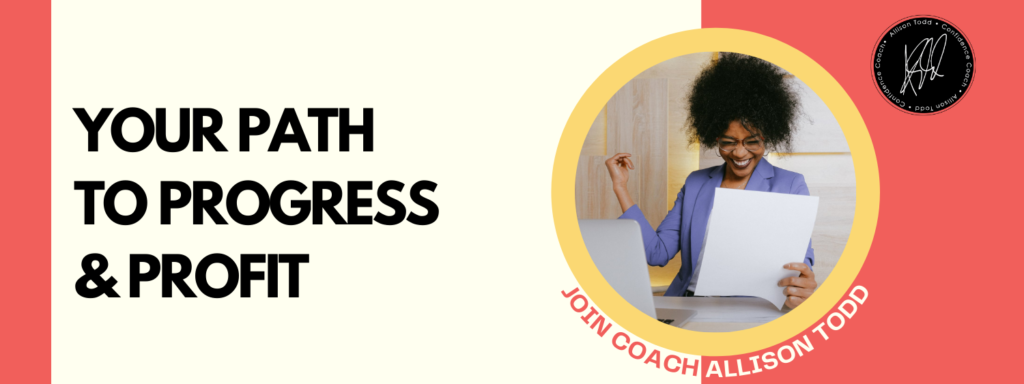

What Does a Confidence Coach Do?
While the basic definition and career description likely sound all well and good, you may still be wondering what a confidence coach actually does. This process will vary based on an individual’s background and how deep their client’s insecurities lie.
In general, a confidence coach will work with someone to quiet the voices telling them they’re inadequate and find the freedom to live fully and confidently.
This may be accomplished in one of several ways. Let’s explore the primary methods a confidence coach will help their client move forward.
Finding the Next Best Step
Instead of focusing on the end goal, which may feel insurmountable, a confidence coach may work with their client to decide what the best small (or baby) steps are to avoid becoming overwhelmed. By defining and achieving these small goals, the person will gain confidence every step of the way, and their coach will be there to cheer them along and offer guidance as needed.
Banishing Limiting Beliefs
Oftentimes, a person’s lack of confidence comes from a limiting belief that’s rooted deep in their psyche. A confidence coach can help their client identify and eliminate these beliefs one at a time. The coach may help them challenge assumptions they have by asking them questions that shine a light on the falsehoods plaguing them. Once the truth is revealed, it’s easier for them to move forward and gain confidence along the way.
Some beliefs that confidence coaches often have to work past include:
- – I’m not enough to deserve good things in life.
- – I’ll never be good enough at my job to get a promotion.
- – I’m too stupid or ignorant to express myself to anyone.
- – If I show up as my authentic self, I’ll never be accepted or loved.
Cross-Reference Areas of Confidence
This approach can be more abstract, but still quite effective. A coach may take an area in which the client lacks confidence and channel it into an area in which they exude confidence. By doing this, the focus is switched to the aspects of themselves they’re more comfortable with, and the area of doubt can take a backseat.
Characteristics and Skills Needed for a Confidence Coach
While one may think that the biggest qualification for a confidence coach is to be confident, that’s not the most important aspect. Plenty of other characteristics and skills are equally, if not more, essential for a person to possess to have a successful career in this field.
If you’re considering a career as a confidence coach, you should take an honest assessment of yourself to make sure you have most, if not all, of the characteristics and skills needed. Keep in mind that some of these skills can be developed. Read through the following list to see if you have what it takes!
The Ability to Build Rapport
In order for a client to feel comfortable opening up, a coach has to be able to build rapport with them quickly. This means the coach has to be able to put people at ease and make them feel as though they’re in a safe place to open up about their insecurities, which are at the core of confidence coaching.
Realize that your new clients will come in feeling awkward and shy, so this is an important part of your job as a coach. Work with them to find something in common, approach their insecurities with openness and acceptance, and then build your rapport from there.
Patience
As you’re likely aware, coaching isn’t typically something that’s finished after one session. Depending on the client, coaching can often take months or even years to complete.
Because of this, a confidence coach has to bring a healthy dose of patience and perseverance to their practice to stick with a client until they reach their goals. Coaching is not the place to bring judgment or a deadline mentality. It takes time.
Strategic Mindset
In order to navigate the client’s insecurities and deeply rooted triggers, a confidence coach has to have the ability to strategize and plan the steps to overcoming insecurities, addressing setbacks, and gaining confidence.. This plan is crucial to the client’s success and must be achievable and thoughtfully executed.
In addition to having a plan for your client, you also need a plan for your business that you can commit to. Building a brand and client base as a coach takes a lot of drive, determination, and business acumen. It doesn’t happen overnight!
Confidence
While it’s not the only skill needed, it’s definitely a top requirement that confidence coaches have a healthy level of confidence themselves. Whether this is a quality they were born with or something they acquired over time, it has to be understood and present to be taught to others.
With confidence coaching, you can’t just talk the talk – you have to walk the walk. Aside from the fact that you can’t teach confidence if you don’t possess it, being a coach in general and promoting your services takes confidence. Let your clients see the confidence in you that they’re wanting to build in themselves.
Reasons Why People Hire a Confidence Coach
Now that we’ve covered what a confidence coach does and what they need to be successful at it, you may be wondering why a person would need one in the first place. The answer is simple: we’re human. In other words, it’s only normal for a person to go through periods or experiences where they lack confidence in themselves, either personally or professionally.
Confidence is something that can either make or break you, especially in some professions, so hiring a coach to help you find it again is a wise decision that more people should be making.
For example, people may turn to confidence coaches when they’re up for a new promotion at work or they just got promoted/hired and are feeling inadequate.
Other people may come in after going through a divorce and are now questioning their worth or how to move forward. Many clients are finally ready to face a deeply rooted fear and are simply needing the push to conquer it.
Benefits of Working with a Confidence Coach
The main benefit of working with a confidence coach is the most obvious one: you’ll gain confidence like you’ve never had before. What is it in your past or present that is holding you back from going after the goals or desires in your heart and mind? Chances are, a confidence coach can help you recognize what’s holding you back, face your fears, and reach your goals.
Beyond gaining confidence in yourself and your abilities, you can expect to walk away from your time with a confidence coach with one or more of the following benefits:
- – You’ll be a better leader, both professionally and personally.
- – You’ll become a more courageous member of society as you feel more confident to speak up about the causes you care about and reach out to contacts in your life.
- – You’ll be an empowered individual, ready to push past your comfort zone and live life to the fullest.


Becoming a Confidence Coach
If you already have the confidence that others are seeking, perhaps you should consider becoming a confidence coach. The pay scale for Confidence Coaches varies widely from anywhere around $26k to over $200k. Since a degree and certification aren’t required to enter the field, you’ll see that coaches come from all types of backgrounds and offer a variety of services, all at different price points.
While certification isn’t required to be a confidence coach, there are several courses available that may be beneficial for someone looking to start their career in the industry. These classes will walk you through how to handle the typical situations you’ll see as a coach and give you the best practices to have in place for your business.
These courses aren’t required, but they do add a level of credibility and legitimacy to your coaching business and help you learn how to run a successful business.
The best way to ensure that you have a successful career as a confidence coach is to do everything that you can to get favorable word-of-mouth referrals. Since this is a newer field, clients will feel more comfortable hiring you for your services if they get a referral from someone they are personally connected to.
If that person used your services in the past and had positive results, they can expect the same for their own experience. Referrals build confidence in your skills and gets your working relationship off on the right foot.
Calling all Coaches
Today’s world is driven by social media influencers selling a lifestyle that seems unattainable, leading many people to feel insecure and inadequate. People’s confidence in their abilities has taken a major blow, but hiring a confidence coach can be the key to getting it back.
For anyone that has moved past their season of doubt and is now walking confidently and living an empowered life, it may be time for you to share your wisdom.
Almost anyone with confidence and drive can start a career as a confidence coach, but only the ones that have a clear vision for their coaching business and a strategic plan of action will be able to make it in the highly competitive field.
By bringing your own confidence and patience to the table, you’ll be setting yourself (and your clients) up for success. One thing is for sure though – the world needs more confidence. Luckily, there’s a coach for that.







